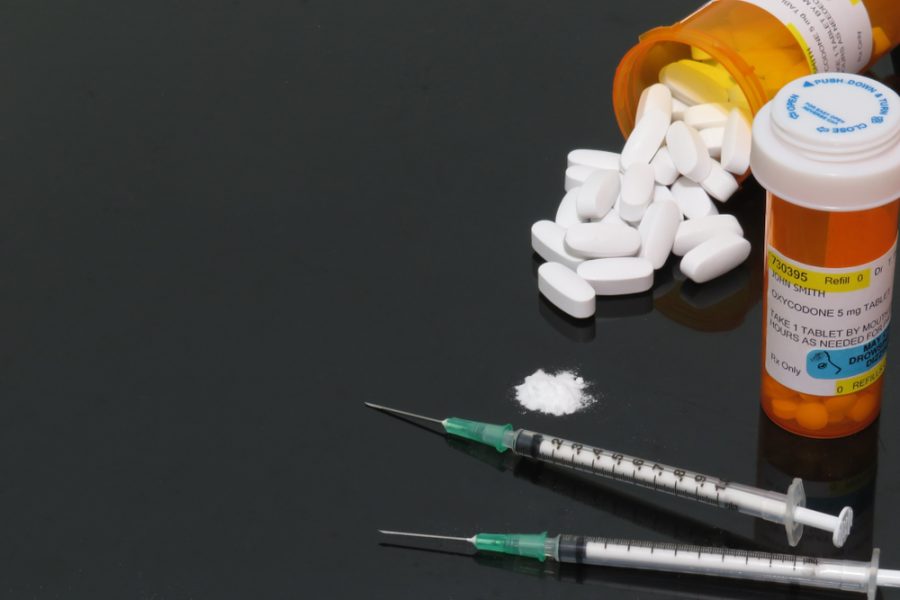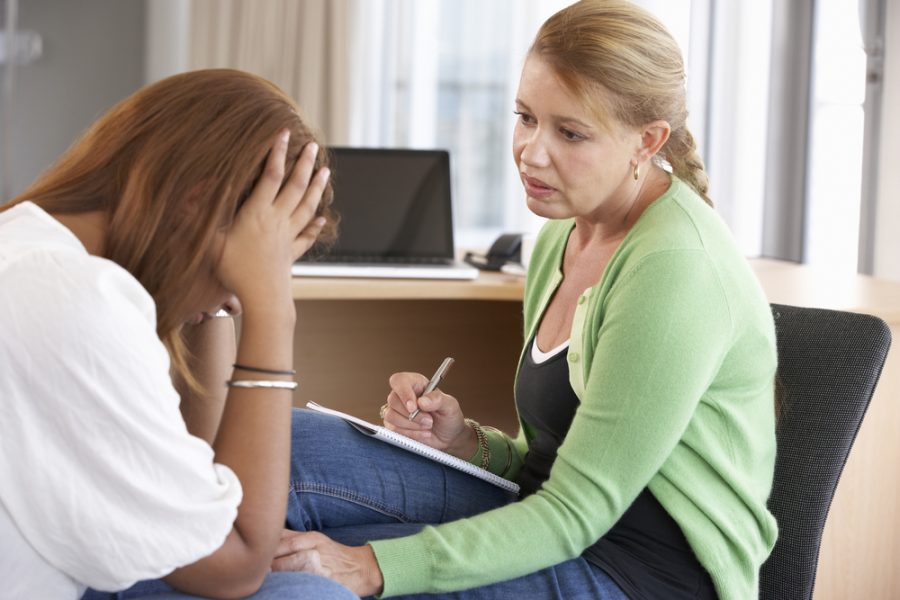
Florida is in the midst of a heroin crisis, with the epidemic showing no sign of stopping. While state efforts are underway to stop the widespread use of heroin and other opioids, people who are already addicted desperately need quality heroin addiction treatment.
Sadly, many people don’t feel comfortable entering heroin treatment programs because they don’t know enough about heroin rehab. If you want to learn more about the types of treatments offered for heroin abuse, then this resource is for you.
Table of Contents
How Does Heroin Addiction Work?
For people who have never used heroin, it may be difficult to understand how heroin addiction forms. Sure, it feels good, but why would that lead to addiction for millions of people? Unfortunately, the situation is more nuanced than that.
Heroin doesn’t just “feel good” in the way a person without addiction issues would think of it. Heroin directly changes the brain’s chemistry by affecting the part of the brain that controls pleasure, anxiety, and sedation. That’s why people feel so relaxed after taking heroin—the drug makes it physically impossible to worry.
The memory-storage parts of the brain remember that heroin feels good, and thus associate heroin with happiness. These memories grow stronger every time someone uses heroin, which strengthens the addiction and makes it harder to quit.
Am I Addicted to Heroin?
The first step to receiving heroin addiction treatment is identifying a problem. Heroin is a highly addictive substance, so many people who try it eventually develop an addiction.
For that reason, if you have recently tried heroin, you are at a high risk for addiction. Below are some additional heroin addiction symptoms to watch out for:
- Anxiety when you cannot use the drug
- Using heroin on a daily basis
- A feeling like you need to hide your heroin use from loved ones
- Slurred speech
- Using sunglasses both during the day and at night
- Frequently borrowing money to buy heroin
Finally, an unpleasant side effect of heroin addiction is worsened mental health. People who are happy and fulfilled might not put themselves in a situation to try heroin, but it’s a common way for people with mental illness to self-medicate. If you have a previous mental health diagnosis or currently exhibit symptoms of one, it’s all the more likely that you will develop an addiction when using heroin. This combination of addiction and a co-occurring mental health disorder often leads to both conditions worsening over time.
If you or a loved one are displaying signs of heroin addiction, it’s important that you seek help immediately. Heroin withdrawals are challenging and uncomfortable, so you’ll want to seek treatment immediately to help handle them.
What Are Heroin Withdrawal Symptoms?


Because heroin addiction is so strong, trying to quit often results in a variety of symptoms. While battling drug addiction is never easy, heroin is often considered one of the hardest drugs to quit. Withdrawal typically begins within 4-24 hours after taking the drug, and common withdrawal symptoms include:
- Nausea or vomiting
- Chills and shivering
- Runny nose
- Extreme mood shifts
- Runny nose
- Watery eyes
- Cramping
During withdrawals, people are at severe risk of relapsing. Because the withdrawal symptoms are so difficult to endure, many people try to quit, only to find themselves using again to stop their withdrawal symptoms.
For this reason, it’s imperative that you visit a rehab center before you start detoxing. They will develop a personalized treatment plan that will minimize your withdrawal symptoms and make the process as easy as possible. From there, you will most likely want to pursue long-term behavioral health treatment to address the issues that led to your addiction.
Dual Diagnosis Heroin Rehab Centers
Across Florida, dual diagnosis treatment centers help patients recover from heroin addiction and the mental illnesses that may have led to it. This heroin addiction treatment focuses on helping you learn to maintain your mental health without resorting to heroin abuse.
If you are struggling with heroin addiction, you may feel that there’s no way out. Many other treatments for heroin don’t consider your mental health, which is why some men and women struggle to achieve long-term recovery. Thankfully, dual diagnosis takes a different approach.
During dual diagnosis treatment, you will work with a health care staff of physicians, psychologists, counselors, and other recovery professionals who will help you adapt to life without heroin. This will include teaching you new coping skills, helping you come to terms with past trauma, and equipping you with the necessary skills to lead a sober lifestyle.
The treatments used in this program include:
- Medication Management: Oftentimes, being on the wrong dose of medication can worsen your mental illness symptoms. During your treatment, you will be evaluated by a doctor and mental health professional to determine what medications and dosages could help, rather than harm, your mental wellbeing.
- Group Therapy: You might not realize how much your mental state affects your addiction, but group therapy will show you. By hearing stories from other people suffering from addiction, you’ll see behavioral patterns similar to your own. Under the guidance of a licensed counselor, these sessions will be a key part of your recovery.
- Talk Therapy: In this individual therapy, you will meet with a licensed mental health professional to discuss your personal history. Here, you will further develop the skills that you learn throughout dual diagnosis treatment. This will also be your opportunity to work through any traumas or personal issues that feel too personal to discuss in a group.


Most dual diagnosis programs have the benefit of being inpatient. This means that during treatment, you stay on-site 24/7. For people who have struggled to quit in the past, this option is ideal because it removes the possibility of acquiring heroin during treatment. However, there are often outpatient dual diagnosis treatments that can prove just as effective.
If this is your first time trying to quit heroin and you have a safe, sober place to live, a partial hospitalization program may work for you. This gives you the benefits of treating your substance use disorder and mental health without requiring you to live on-site at a facility. Bear in mind that while this is an evidence-based treatment, it does require a lot of self-control to prevent relapse.
Get the Treatment You Need
Heroin addiction is difficult to face alone. If you need help, we are here for you, no matter what stage of recovery you’re in. Whether you’re stepping down from inpatient treatment or need to undergo initial detox, our team is ready to help.
Reach out to us online or call us at (352) 596-4306.
The post Heroin Addiction Treatment: Florida’s Opioid Crisis Plan appeared first on Springbrook Hospital.
Source
Original Author: Springbook Hospital

